Building disease-free facilities and zones in livestock farming not only helps prevent and control diseases, but also creates premises and favorable conditions for import and export activities.
The pig industry plays an important role in Vietnam's agricultural economy , not only as a source of food security but also as a foundation for rural livelihoods and the national economy. However, African swine fever has caused great economic losses, disrupted livelihoods and seriously threatened food safety. Many experts shared the same opinion at the "Biosecurity in Pig Production" (BIG) Project Summary Workshop held at Ho Chi Minh City University of Agriculture and Forestry on November 21.
The event was jointly organized by the Department of Animal Health, the French Embassy, the French Center for International Cooperation on Agricultural Research and Development (CIRAD), and the Ho Chi Minh City University of Agriculture and Forestry.
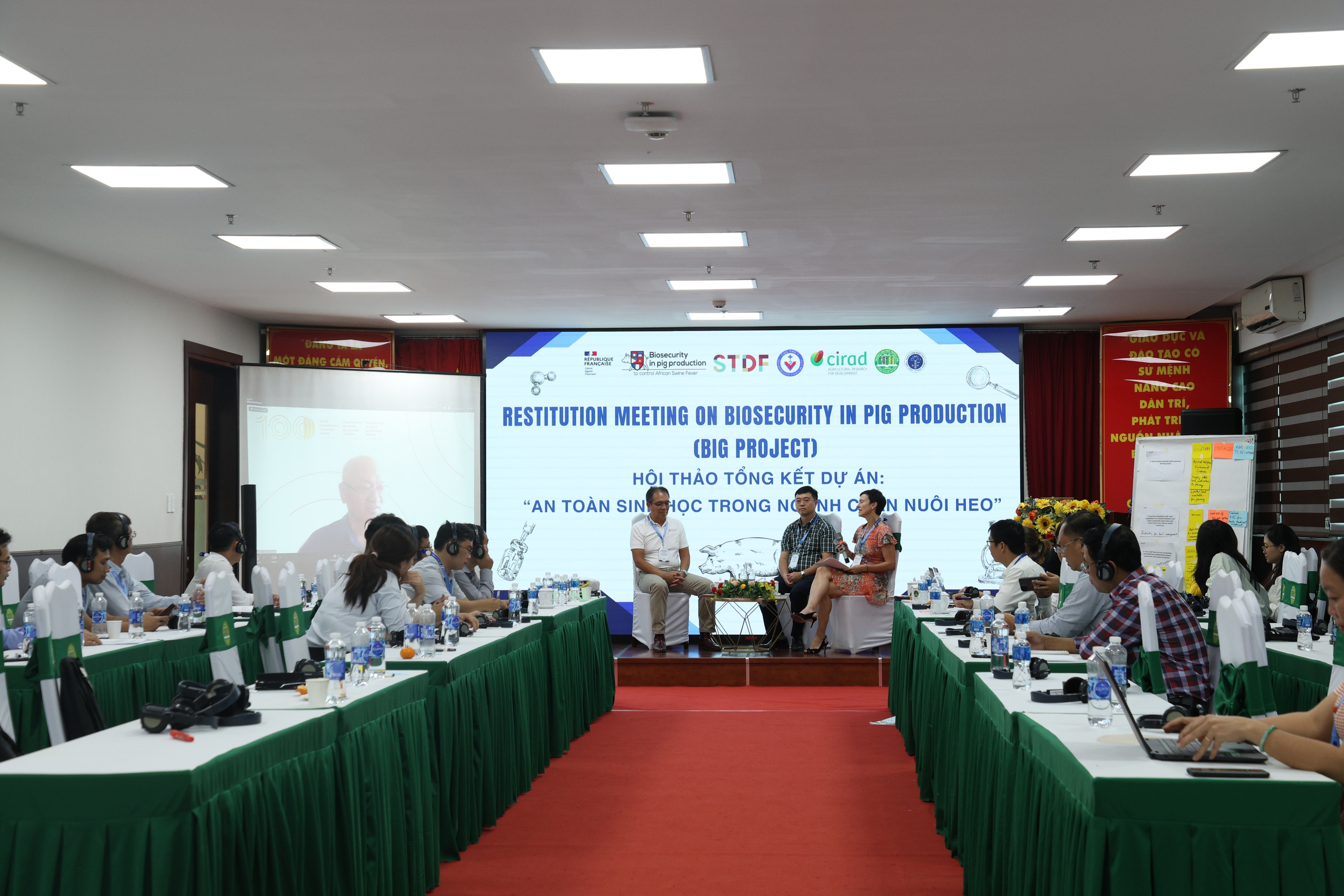
The workshop summarizing the project "Biosafety in the pig farming industry" held at the University of Agriculture and Forestry, Ho Chi Minh City. Photo: BT
The BIG project was established with the aim of strengthening biosecurity measures in the pig farming industry in four ASEAN countries, including Vietnam. The project was implemented over a period of 2 years with 4 main phases.
At the workshop, the results from phases 1, 2 and 4 were presented in detail. Of which, phase 4 was emphasized as the key content, with an in-depth report from CIRAD.
These results significantly contribute to shaping the strategy for building disease-free zones in Vietnam. At the same time, they support the goal of meeting the standards of the World Organization for Animal Health (WOAH) in the national roadmap to 2030.
In order to support the Department of Animal Health in its goal of building disease-free zones that meet Vietnamese and international standards, CIRAD has conducted a study to survey the reality, compare and clarify important differences between the criteria for building disease-free zones according to Vietnamese standards and WOAH standards.
Dr. Pham Thanh Long, representative of the Department of Animal Health, presented at the workshop on the construction of disease-free facilities and zones in Vietnam. He emphasized the importance of building disease-free zones in the Vietnamese livestock industry.
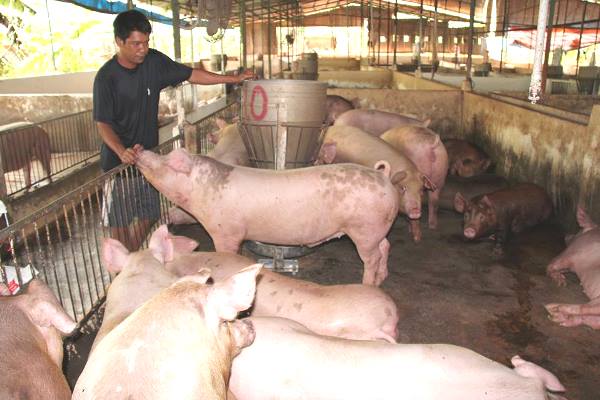
Building disease-free zones in Vietnam, especially to deal with African swine fever. Photo: T.D
In the context of increasingly expanding and developing international trade, the construction of facilities and animal disease-free zones has become an important factor. This not only helps prevent and control diseases, but also creates the premise and favorable conditions for import and export activities. However, this process is still facing many challenges and difficulties.
At the workshop, experts emphasized the need to strengthen awareness of biosafety and enhance understanding among stakeholders, including government agencies, businesses and international organizations, on the importance of biosafety measures in the livestock industry.
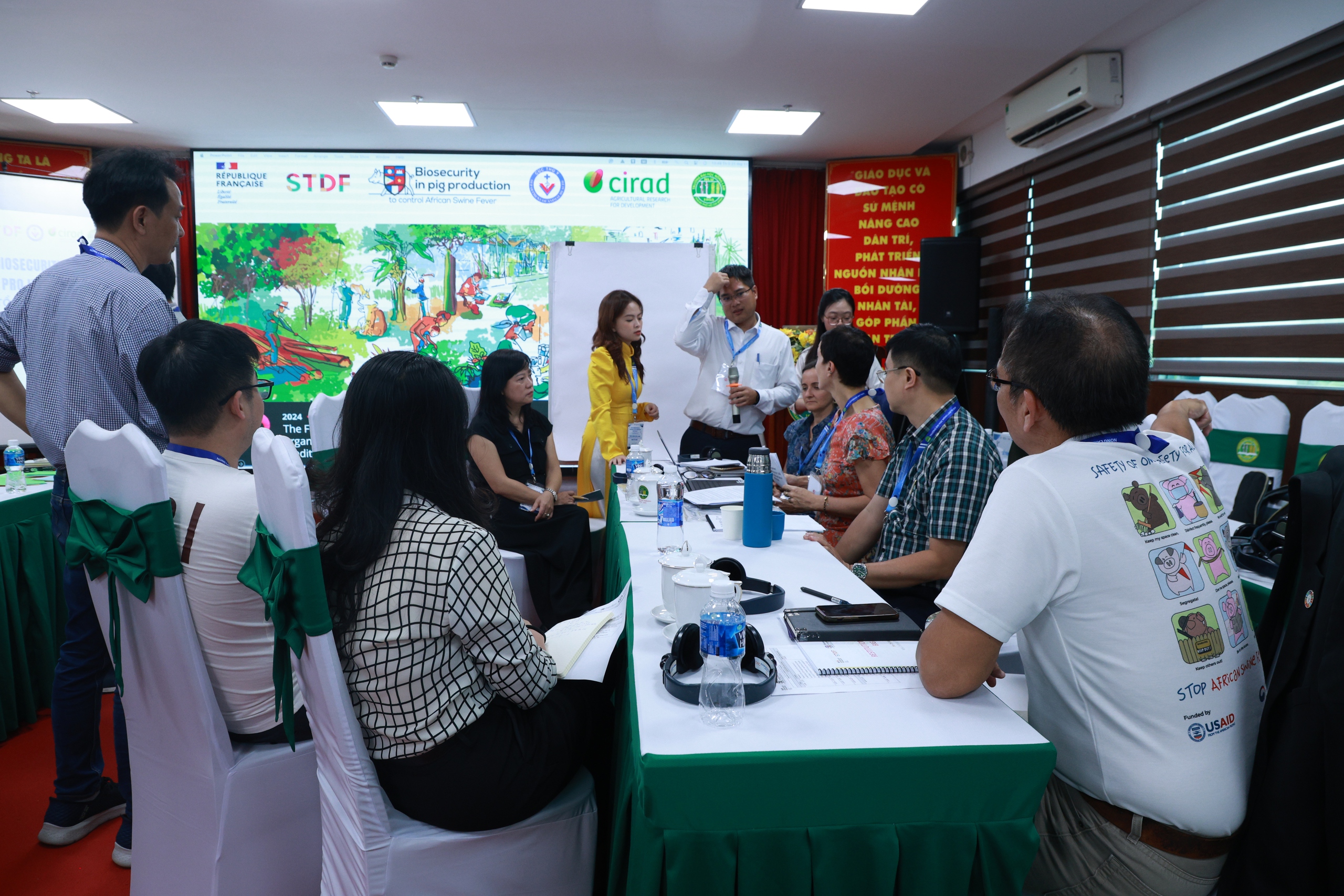
Experts participating in the discussion at the workshop. Photo: BT
At the same time, recommendations will be proposed to improve current regulations, such as Circular 24/2022/TT-BNNPTNT, to ensure compliance with international standards and practices in Vietnam.
In addition, the workshop also focused on promoting multilateral cooperation between international organizations such as WOAH, FAO (Food and Agriculture Organization of the United Nations) and CIRAD with Vietnamese agencies. Thereby, providing technical support and technology transfer to improve disease surveillance systems as well as biosafety practices.
Furthermore, the workshop aims to build facilities and disease-free zones that meet standards, not only to effectively control diseases, but also to facilitate international trade and enhance the competitiveness of the Vietnamese pig farming industry in the global market.
The BIG (Biosecurity in Pig Production) project has four main phases:
Phase 1: Overview of the impact of African swine fever on the pig industry value chain and disease control and prevention measures in Vietnam.
Phase 2: Mapping and analyzing stakeholder interactions, focusing on awareness, acceptance and compliance with two key regulations: Decision 972/QD-TTg on the "National Plan for African Swine Fever Prevention and Control for the 2020-2025 period" and Circular 24/2022/TT-BNNPTNT regulating disease-safe facilities and zones.
Phase 3: Conduct SWOT analysis to qualitatively assess the actual implementation of Decision 972/QD-TTg.
Phase 4: Survey of local practices on the construction of disease-free facilities and zones according to national standards and those of the World Organization for Animal Health.
Source: https://danviet.vn/xay-dung-vung-an-toan-dich-benh-dong-vai-tro-quan-trong-trong-nen-kinh-te-nong-nghiep-viet-nam-20241122125648752.htm




![[Photo] Highways passing through Dong Nai](https://vphoto.vietnam.vn/thumb/1200x675/vietnam/resource/IMAGE/2025/11/12/1762940149627_ndo_br_1-resize-5756-jpg.webp)





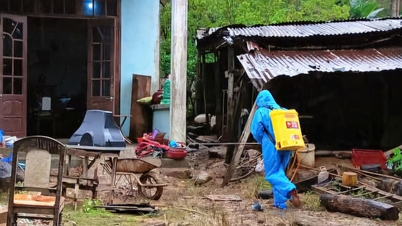
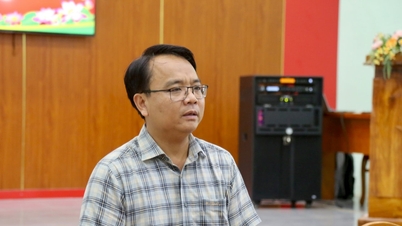

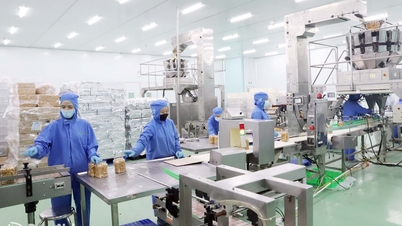

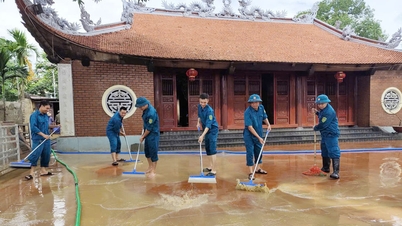



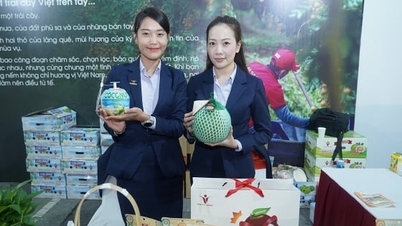

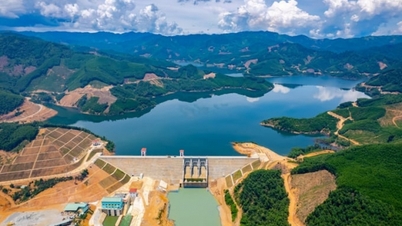
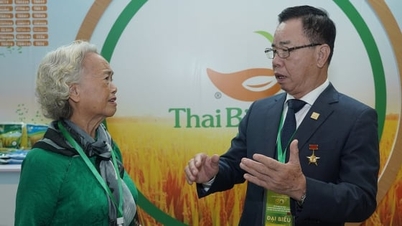
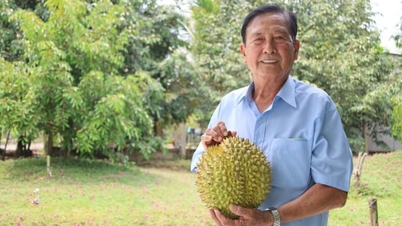
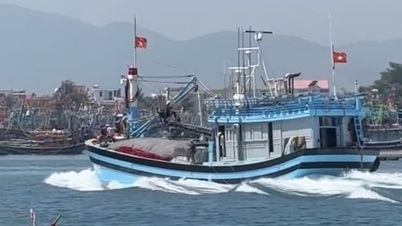
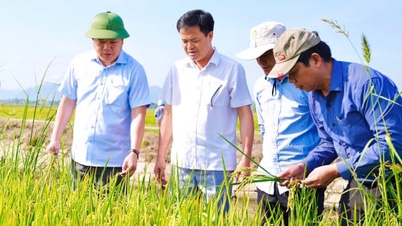









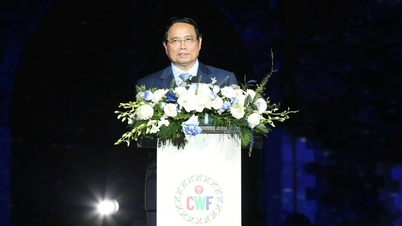































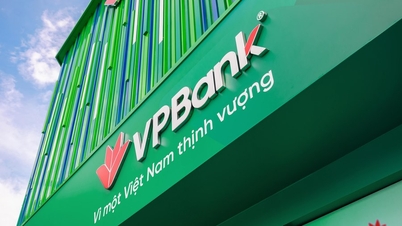







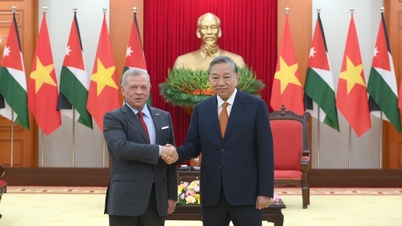


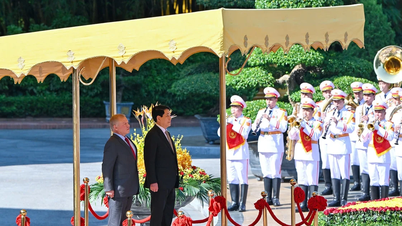
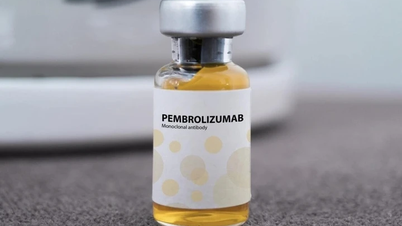




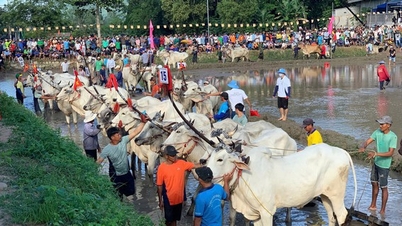

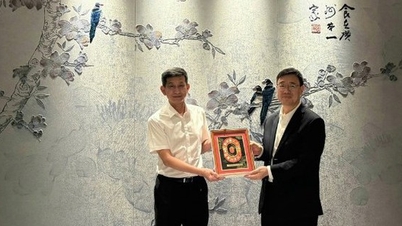


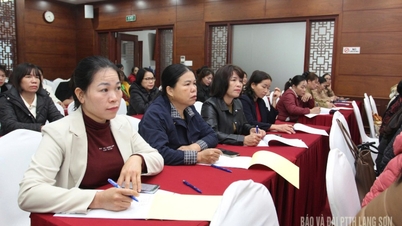

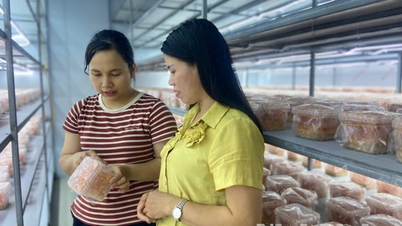




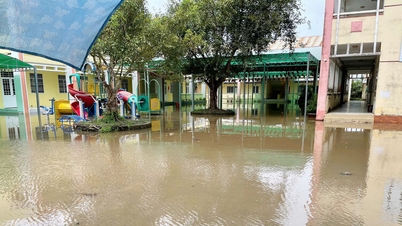

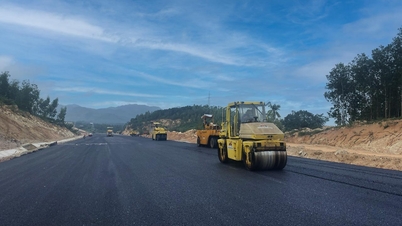





![Dong Nai OCOP transition: [Article 3] Linking tourism with OCOP product consumption](https://vphoto.vietnam.vn/thumb/402x226/vietnam/resource/IMAGE/2025/11/10/1762739199309_1324-2740-7_n-162543_981.jpeg)





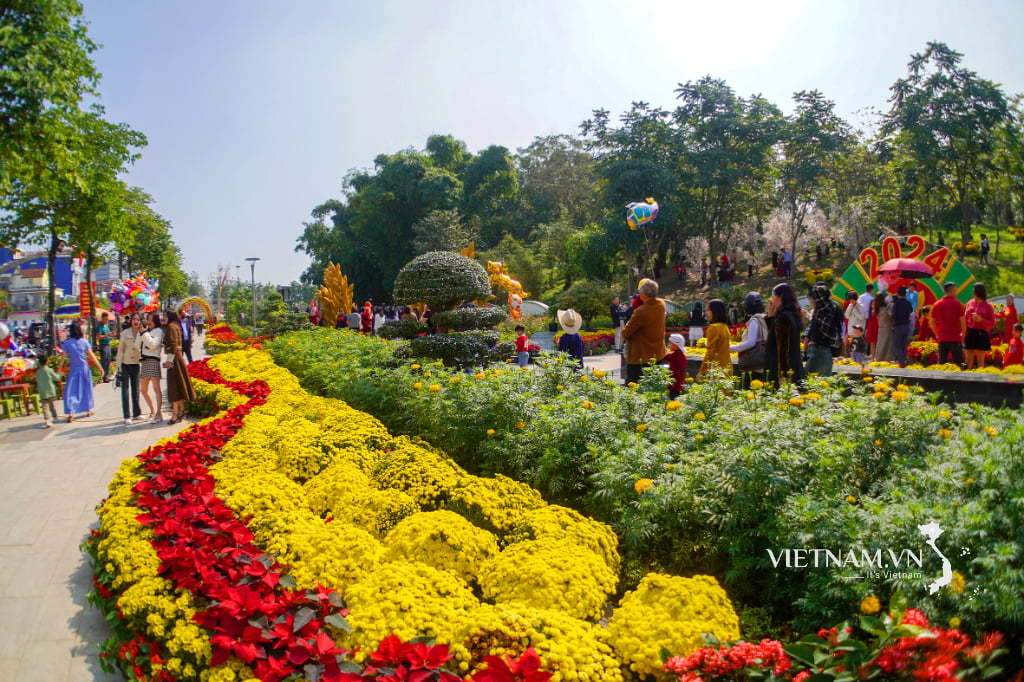

Comment (0)